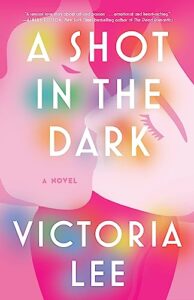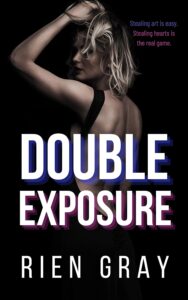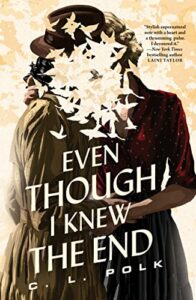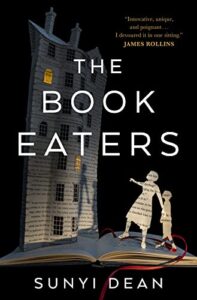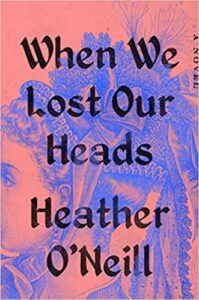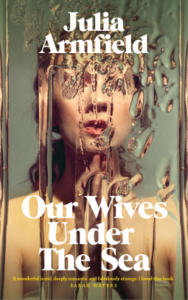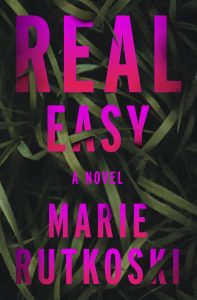This novel is a masterful exploration of various themes, ranging from consent and communication during intimate moments to faith, substance abuse, and power dynamics. The author’s ability to delve into these topics with depth and sensitivity truly impressed me.
The novel shines in its approach to consent and communication during sexual encounters. Lee’s portrayal of characters navigating these conversations felt both authentic and refreshing. The way the characters navigate their desires and boundaries is a testament to the importance of open dialogue in relationships.
Furthermore, the exploration of faith and its impact on one’s identity within the context of the Orthodox community adds another layer of complexity to the story. Lee handles this topic with great care, highlighting the struggles and conflicts faced by Ely as she grapples with her past.
Substance abuse is tackled with a nuanced perspective, portraying the protagonists’ journey through recovery with empathy and realism. Lee’s portrayal serves as a reminder of the challenges individuals face on the path to sobriety, and how recovery is a continuous process.
The examination of power dynamics is another highlight of the novel. The teacher-student relationship between the characters introduces a layer of tension and complexity that is brilliantly executed. The internal struggles of the characters as they navigate their feelings while maintaining a professional boundary is both engaging and thought-provoking.
In conclusion, A Shot in the Dark is an exceptional read that skillfully weaves together a myriad of important themes. Victoria Lee’s ability to approach subjects such as consent, communication, faith, substance abuse, and power dynamics with sensitivity and depth is truly commendable. This novel is a must-read for anyone seeking a captivating story that sparks introspection and provides a platform for meaningful discussions.
Trigger warnings: substance abuse, alcohol, overdose, transphobia, abusive parent, antisemitism, drug use, religious trauma, relapse, death of a parent, domestic violence

